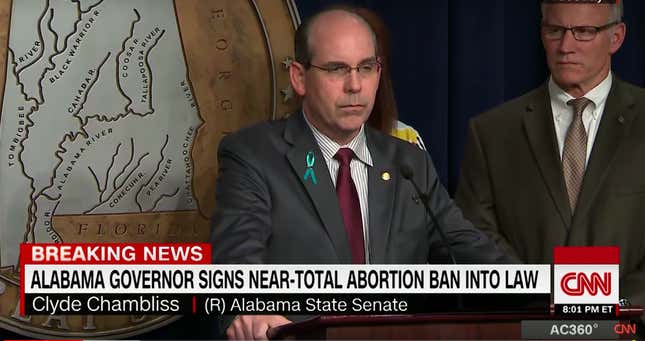
Last weekend, I was invited to a brunch hosted by Ebele Okobi, who is Facebook’s Head of Public Policy, Africa, and was my de facto tour guide and event planner during my week abroad. There were nine of us there—an African diasporic reunion of black people scattered throughout the globe but settled in London. Among the many conversations we had was a tongue-in-cheek assessment of the variances within the “brands” of racism, which then segued into the ways each country with an African slave-owning history currently reckons with its past. (Brazil pretends it didn’t exist at all, America acknowledges its existence but denies the existence of any sort of foundational residue from it, etc.)
And, well, I’m embarrassed to admit that it was here that I learned, for the first time, of the Congolese genocide, where up to 10 million people were killed during Leopold II’s 23-year-long rule of the Congo Free State, and countless others were systematically raped, tortured, dismembered and displaced.
Perhaps I was taught this in some history class decades ago and just forgot. Either way, that was the most American I felt in my time there.
This sort of cruelty that people with power exhibited towards vulnerable people—a process equal parts systematic, structural, intentional and gleeful—existed wherever colonization did, and still does today. It is not a uniquely American trait. But it is an American trait, more essential to our construction and our collective zeitgeist than Babe Ruth. There have been stretches in American history, of course, when the central driving force behind legislation and policy and law have been more empathetic and less antagonistic. But in the span of our history, these moments are outliers. Perhaps even anomalies. If America was honest about who and what it is, we’d sell the snapshots and postcards of the men and women smiling during lynchings at the Cheesecake Factory.
I am reminded of this history this week, as the state of Alabama passed a set of abortion-related measures and restrictions that would seem to be pointless (“Why would they do this?” an otherwise sane person might ask) if you hadn’t yet realized that the punishment is the point. This isn’t about preserving “life.” They—the governor who signed this bill, the legislators who created it, the people who voted for them, and the governors, legislators and constituents in each state where similar laws are being drafted up—just want to enact pain. They want to punish women. For possessing sexual agency. For wanting bodily autonomy. For enjoying sex. For not having babies. For having babies. For not possessing what they believe to be the birthright privileges of whiteness and maleness. It’s petty. It’s punitive. It’s vindictive. They want women—particularly women who are black or brown and/or poor—to suffer.
The silver lining here is that this realization can and should be freeing—as any compulsion to compromise, to “reach across the aisle,” to build a bridge, to extend an olive branch, or to find common ground should be set ablaze and stuffed into a cashew-shaped canoe.
You can’t sway a sadist when your pain is their greatest pleasure. You just build more canoes.

